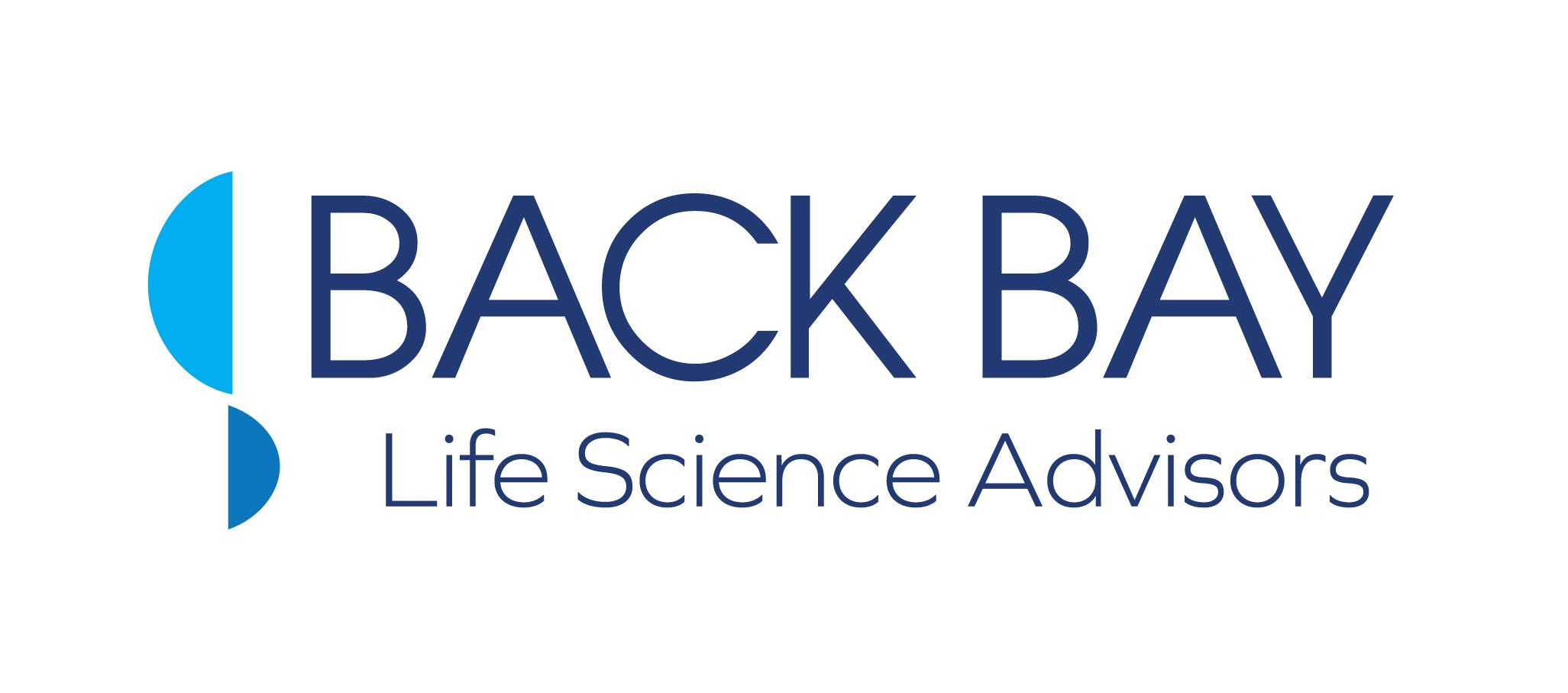Asia Opens Its Doors for Pre-Revenue Biotechs
By Ned Benning, Analyst, Back Bay Life Science Advisors
One of the primary axioms at Back Bay Life Science Advisors is that assets must find the right form of capital. Venture is not right for every academic-derived technology. Going public is not right for every growing company or late-stage biotech. Geographic variation can bring different timelines, different IRR hurdles, and different ecosystem mandates. Capital sources are forever shifting, and lately, investment from China has been looming large on the radar screen for U.S. biotech. We see this as a good thing.By accepting filing applications from pre-revenue biotech companies, the Hong Kong Exchange has become just the second major stock exchange in the world alongside the NASDAQ to permit the listing of pre-revenue biotech companies. While companies filing would no longer require revenue to list, there are criteria they still need to meet, including a minimum valuation of $192 million, backing from senior investors, and a candidate in at least Phase II trials.
Ascletis first in Hong Kong
In the wake of this announcement, several companies—including high-profile U.S. and Chinese firms— are considering primary and secondary listings on the Exchange. In May, Ascletis was the first of these companies to announce its decision to file for its IPO. The Chinese biotech has an NDA-stage hepatitis C drug and has raised around $155 million in its previous funding rounds. Following its IPO, the company plans to devote 25% of the money raised toward commercialization efforts for its lead candidate, with the remaining 75% dedicated to the development of the company’s earlier stage assets.Until now, the biotech space has been an insignificant area of activity for the Hong Kong Exchange, averaging just 2.5% of total offerings on the Exchange in recent years. By enacting this rule change, the Exchange expects to convince early-stage Asian biotech companies to file closer to home, rather than going overseas for their offerings. The Exchange also hopes that by increasing its accessibility to fledgling companies looking to raise capital, it will be an attractive opportunity to overseas companies looking to tap into the pool of Asian investors which the proximity of the Hong Kong Exchange provides.
Going public is only one step
More capital. More choice. This is promising. But let’s not forget that going public alone is a step, not a solution. Research support, trading support, liquidity, follow-on capital are the ingredients that take a position on an exchange and render it a sustainable place and not just a short-term infusion of capital.
